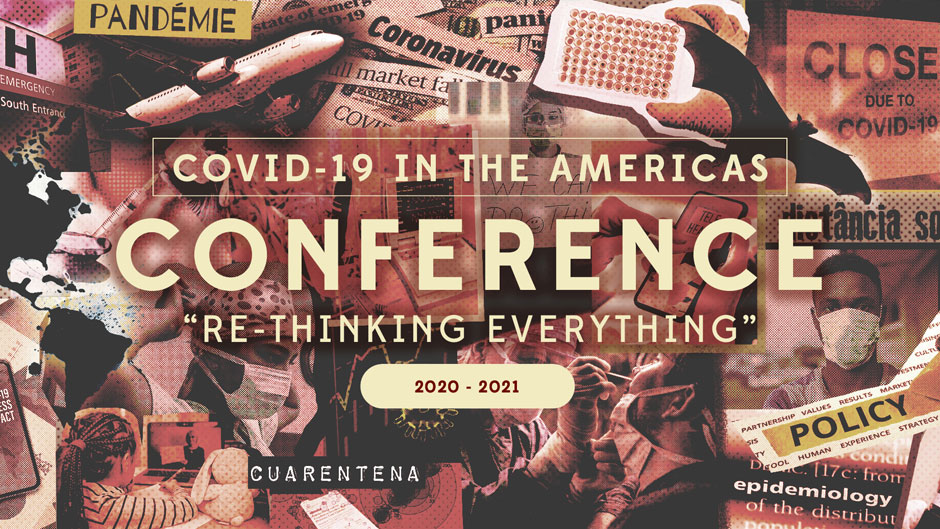With the Americas representing 54 percent of the world’s cases of COVID-19, well surpassing Asia, where the virus originated, experts from the University of Miami and two leading HIV organizations joined together Tuesday as part of the “COVID-19 in the Americas Conference” to discuss how the world can work to end the novel coronavirus pandemic and prevent others from emerging in the future.
“The Americas is now the most impacted region of the world, and COVID-19 is impacting every single aspect of our life,” said Jorge Saavedra, executive director of the AIDS Healthcare Foundation’s (AHF) Global Public Health Institute at the University of Miami and one of the conference organizers. “Now is the time for us to learn from each other.”
Tuesday’s introductory panel, along with one called “Re-Thinking Everything,” featuring University of Miami President Julio Frenk, a global public health expert and former minister of health of Mexico, and Michael Weinstein, president of AHF, marked the start of what is a six-month “open conference” devoted to examining how the Americas can emerge from the COVID-19 pandemic and learn from nations who were able to save the most lives, Saavedra said. The conference is sponsored by the AHF Global Public Health Institute, along with the University of Miami Institute for Advanced Study of the Americas as well as the International Association of Providers of AIDS Care (IAPAC).
During the first day of the conference, Felicia Knaul, director of the Institute for Advanced Study of the Americas and a professor of public health sciences at the University, moderated a discussion between Frenk and Weinstein about how the pandemic has shaken the global community.
When asked about the opportunities for change that the pandemic has created, both Frenk and Weinstein said that the world must make public health a greater priority. But in the short term, however, Weinstein thinks the world could try to embrace the idea that the COVID-19 crisis underscores how interconnected we are today.
“I hope that through this we gain a better understanding of the limits of sovereignty and that our cooperation is actually essential to survival,” Weinstein said.
Frenk agreed, and said that because pandemics are not natural events but are actually caused by human interaction with the environment, nations need to form a global public health compact, where certain public health practices could be deployed each time there is a pandemic.
“It’s becoming increasingly clear that pandemics are existential threats, like climate change, and require collective action to deal with them,” he said.
In addition, Frenk said investing in public health surveillance—to do things like sequence the genome of a disease and proactively create diagnostic tests before an outbreak—can prevent future pandemics.
But while we are still in a pandemic, both experts said the world must recognize the importance of clearly communicating important public health measures, so more lives are saved.
“We have to go back to the classic public health approach, which is prevention, diagnosis, treatment, and isolation,” Weinstein said. “We have had all these diseases and public health threats that are wildly different—Ebola, Zika, HIV, or Swine flu—but the basics of public health work in every instance.”
The ability of some nations to communicate these basics, while others have confused their own citizens, has fueled the rising case numbers in places like the United States, Mexico, and South America, Frenk said.
“One of the big victims of this pandemic is trust—there’s a lot of mistrust and a lot of second-guessing and a lot of that has been driven from top political figures and that’s a pathway that leads to very dark corners in human history,” he said, referring to the rise of fascism after the Spanish influenza pandemic. “It would be unforgivable if 100 years from now, people and civil society have not learned the lessons to prevent something similar.”
The next session of the conference “Sexuality and COVID-19” begins Wednesday at 11 a.m., and a final panel, “Advances in Intensive Care during the COVID-19 pandemic,” will be held at 7 p.m. Friday, Oct. 30, and conducted in Spanish.
To register for the conference, which is free, go here. Organizers will send e-mail updates as new sessions are added in the coming months.
